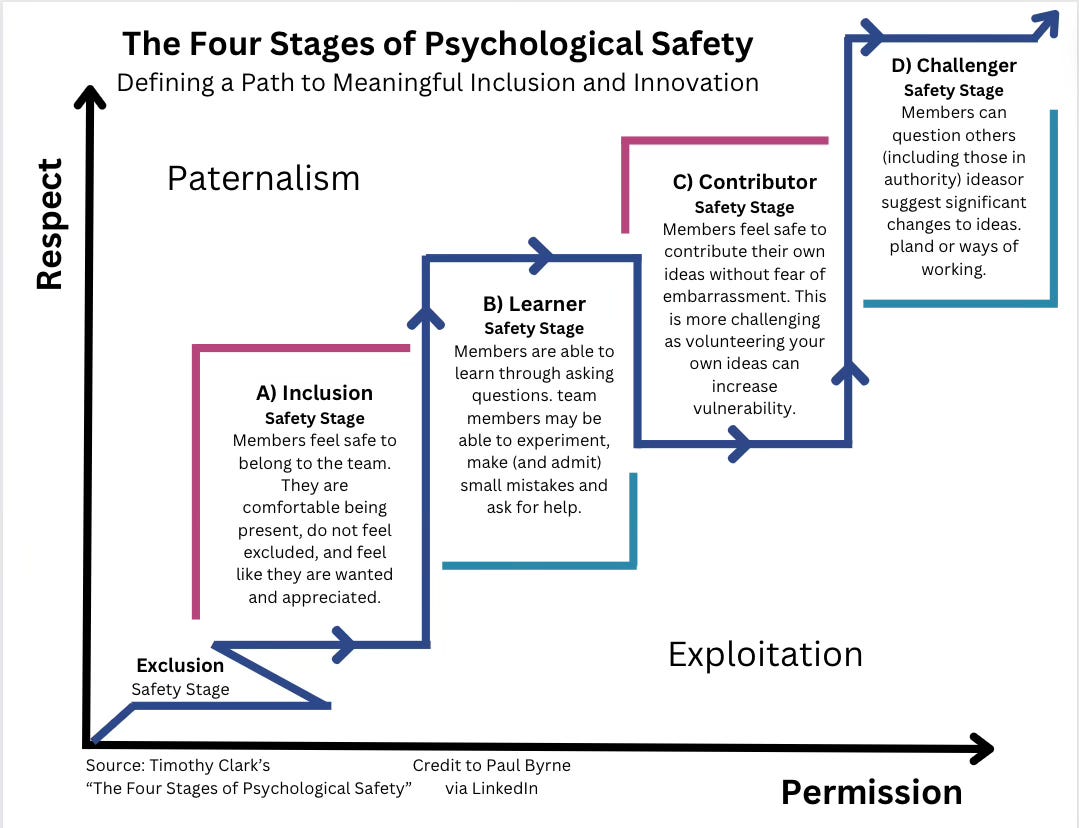Have you ever walked into a room and before anyone says anything or notices you yet, you feel like the vibes are off?
I’ve certainly been there on occasion.
Being the proverbial “new kid” in unfamiliar spaces was something I had to get used to in some professional spaces. You learn to become content with doing things like eating alone. Doesn’t stop it from being uncomfortable, but you begin to make your peace with it.
I’ve learned to become that familiar face for other people; even when they haven’t technically met me yet. Our team has even piloted the concept of a sticker that people can wear during events like healthcare or research conferences. Something that says essentially, “It would be an honour to be your lunch buddy. Come sit with me.”.
I’ve often thought about the concept of belonging in family engagement, and I know I’m not the only one.
Ensuring a sense of belonging in spaces is nuanced in dimension; but in principle, it’s rather simplistic. It has to be acknowledged as a value and recognized for its importance and planned for.
The topic of belonging has its place in family engagement, but how do we begin to define it? I’d like to argue a few points for a start.
Belonging as a concept is multi-faceted.
As a diverse group coming together, a healthy partnership mindful of belonging doesn’t define it with a single indicator. It’s not really about the qualities of the people in the partnership, but about the partnership itself. What defines success for you both?
Belonging requires a conversation about inclusion.
This may also require a very necessary conversation about accommodation which means there’s some need to speak to equity as well. How do you define inclusion on your team?
A sense of connection binds people to the belief that they belong.
That connection is one that feels a sense of permanence with associated feelings of things like warmth, safety etc. What encourages people to stick around and in some cases partner again?
Visibility matters oh so much.
That comes when people are recognized for not only their physical presence in the room, but also what they bring to the team. Are they a single point in your agenda, or offered space to be a meaningful contributor?
A sense of agency offers feelings of empowerment.
The graphic below speaks to the importance of psychological safety. The themes represented are not linear in nature, but are varied stages you may bounce around and revisit
Belonging as an indicator of impactful partnerships in family engagement offers a window into the wellbeing of your team as a whole. It helps to define a sense of connection and purpose as a team. It ensures that community members feel this is a safe space to share their vulnerable experiences. This sense of connection benefits research quality, ensuring that lived experience perspectives are integrated and that the outcomes are relevant and impactful for all involved.
Belonging needs to be a part of the overall conversation about family engagement.






i love being made aware that there is a sticker available indicating my willingness to be someone's lunch buddy during a conference or training session. Thanks for letting me know this Rae